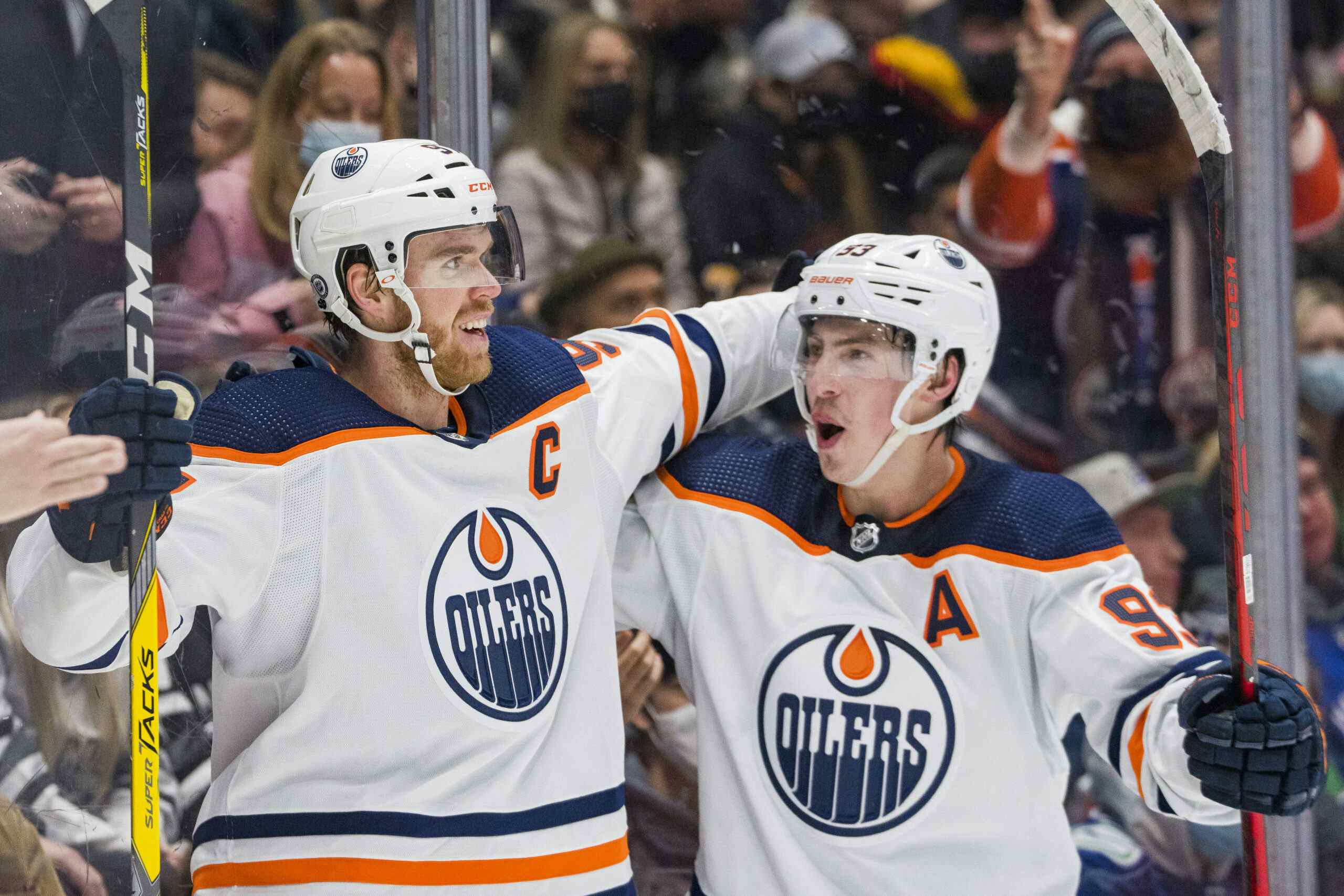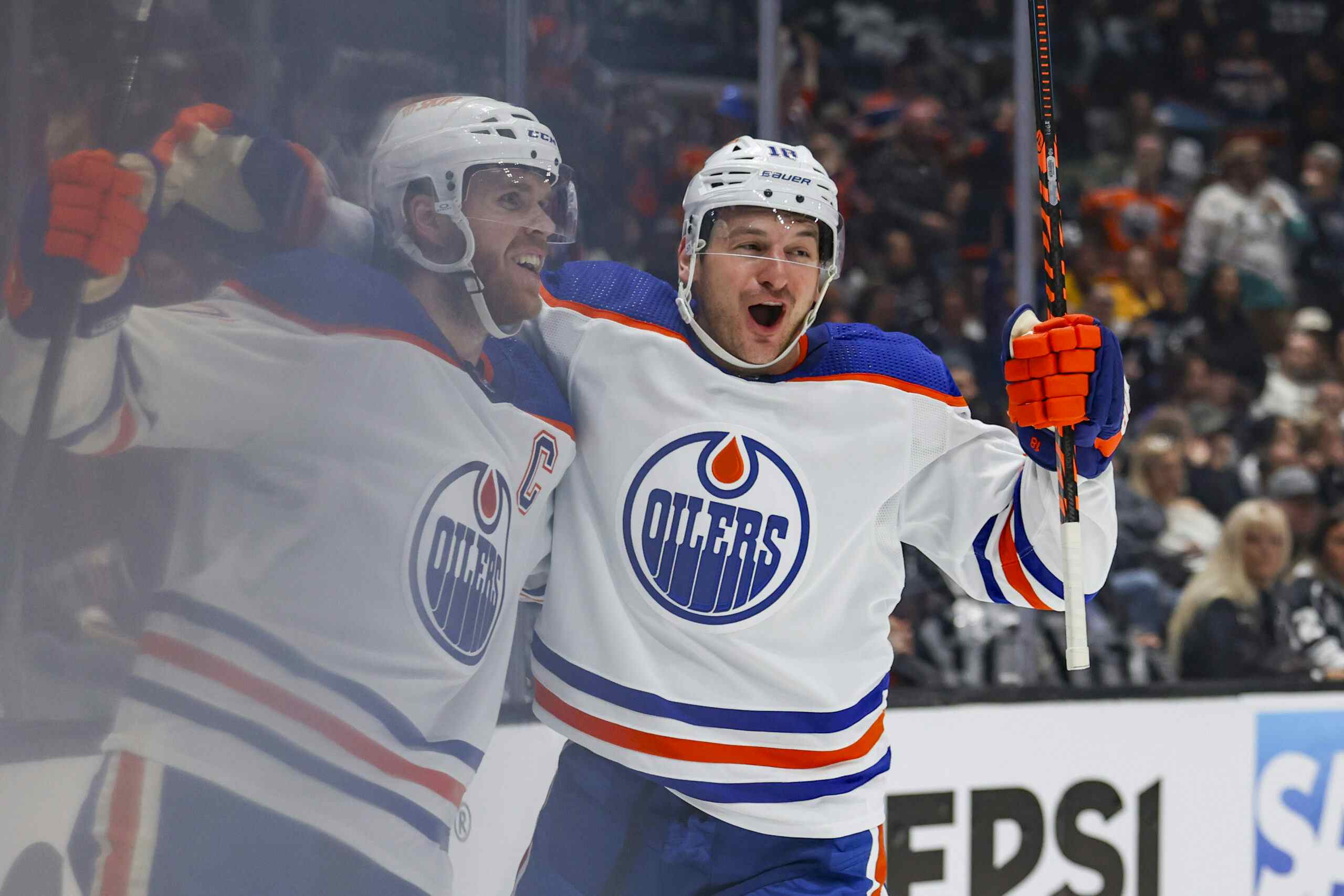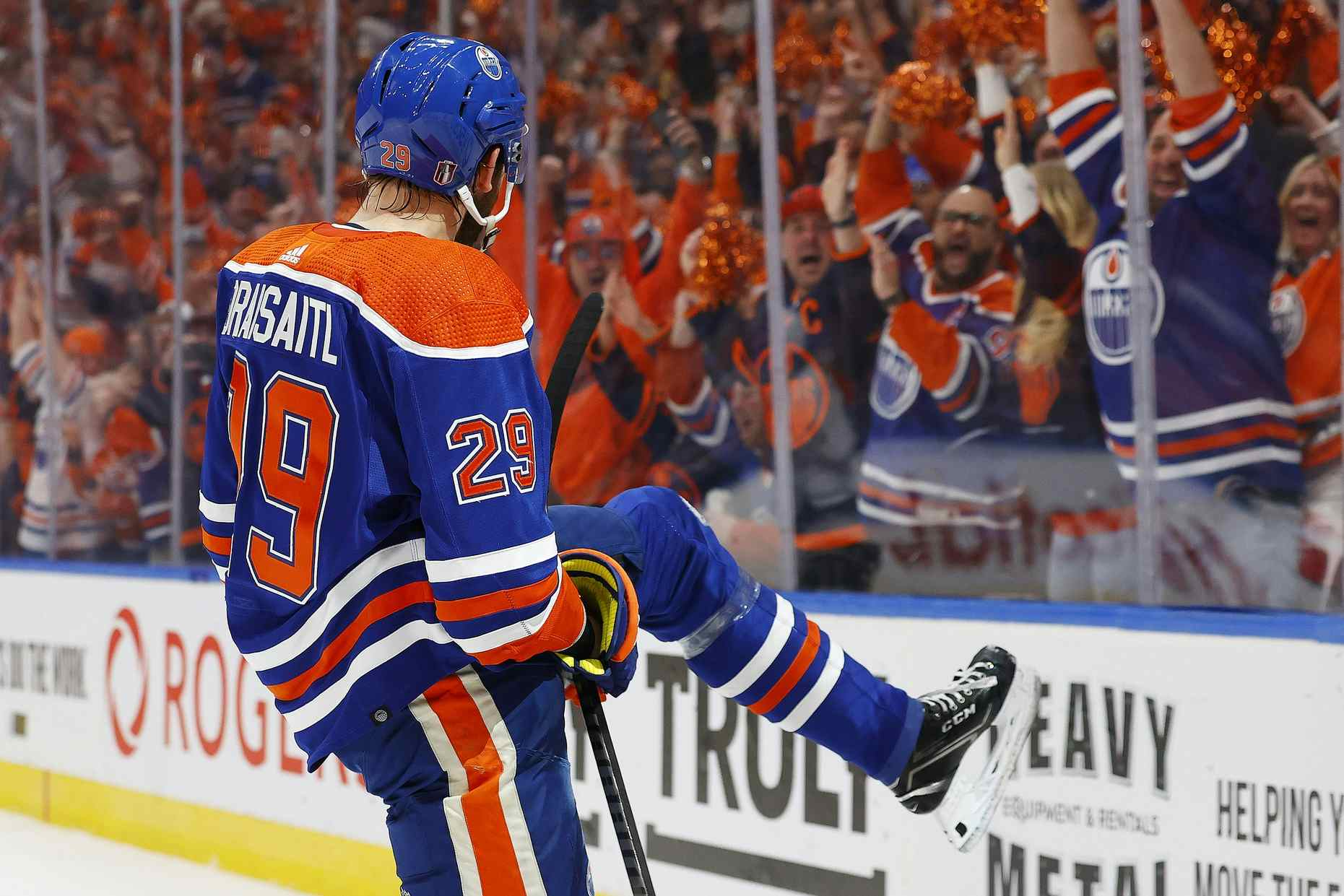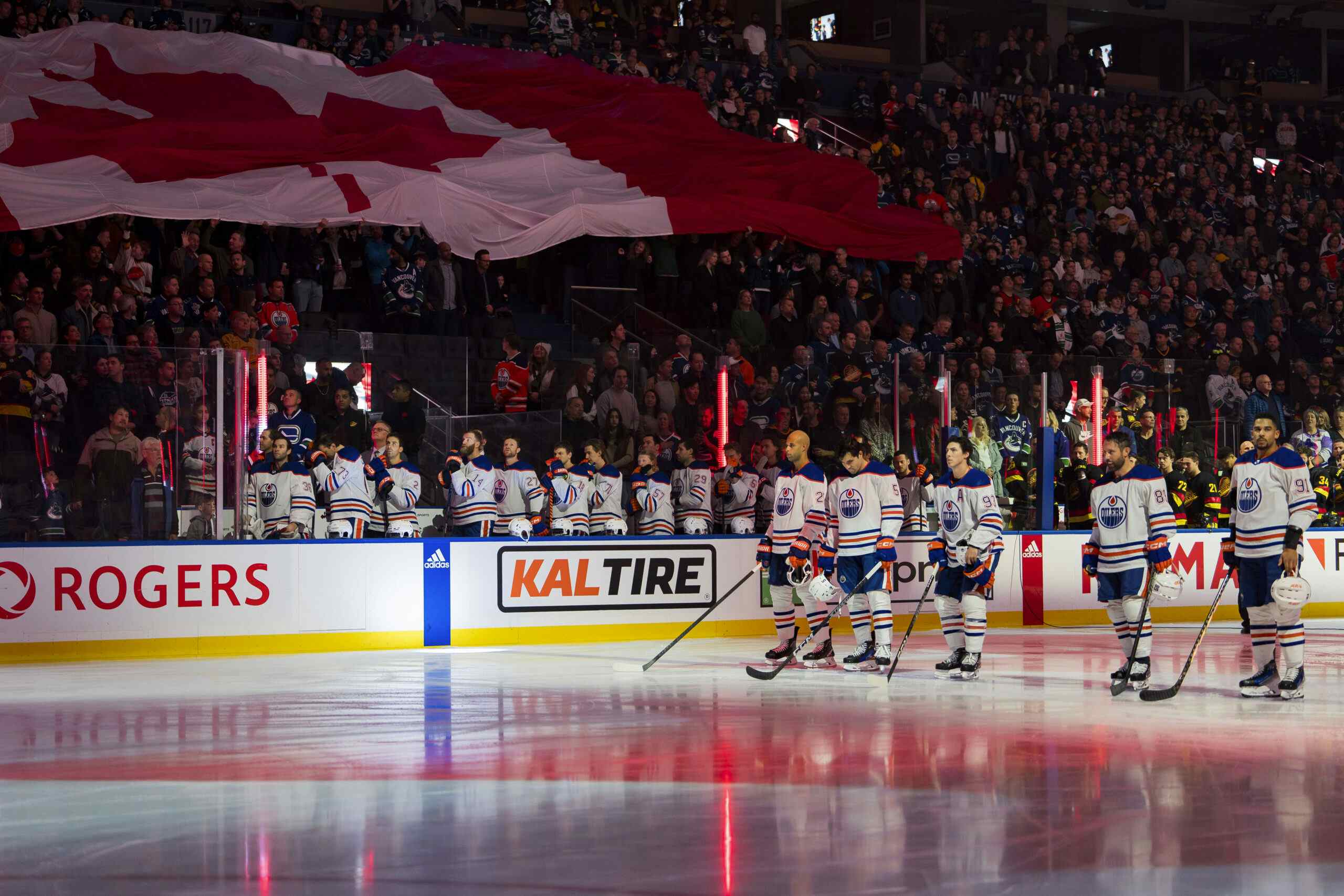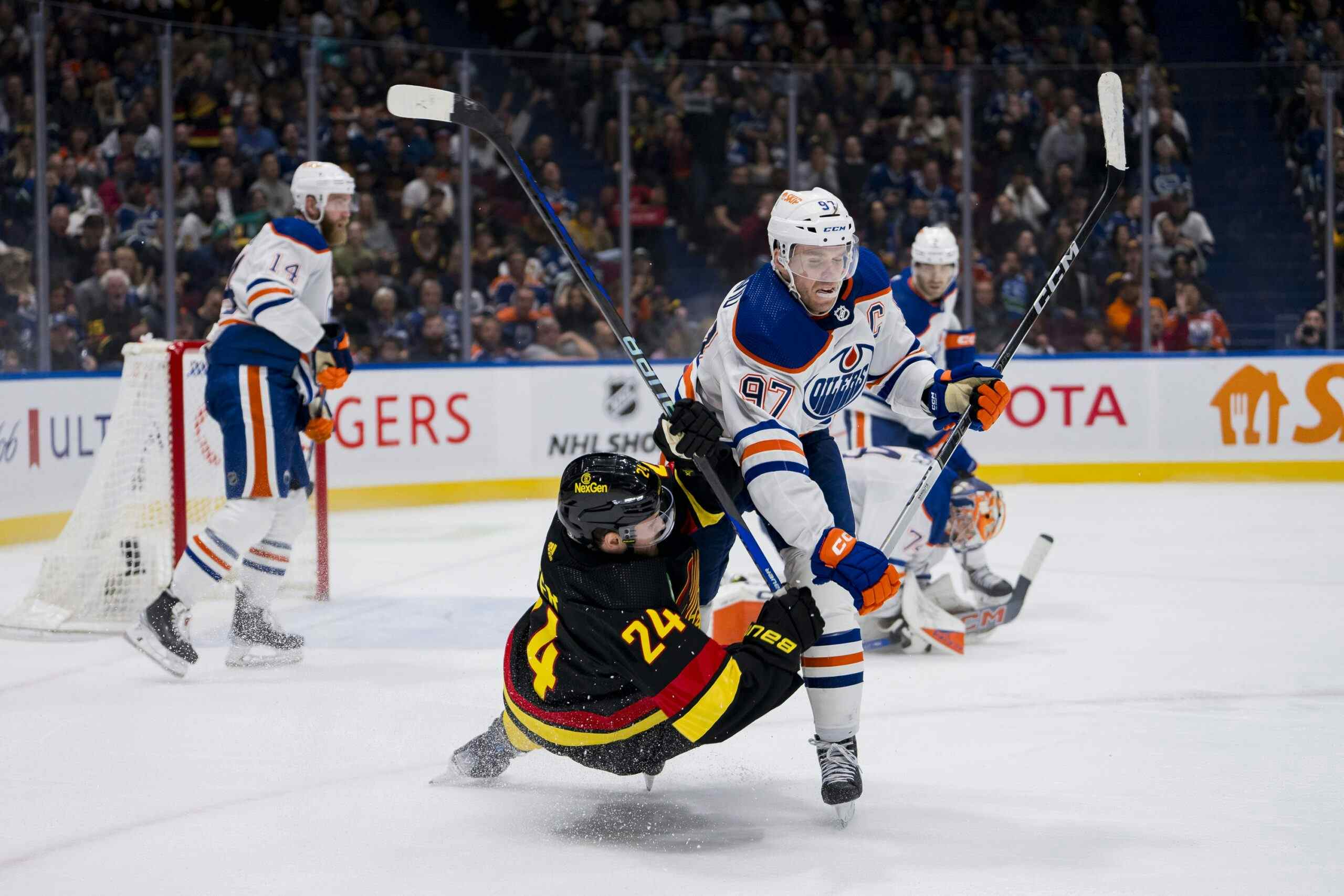The NHL Will Be Different When It Returns
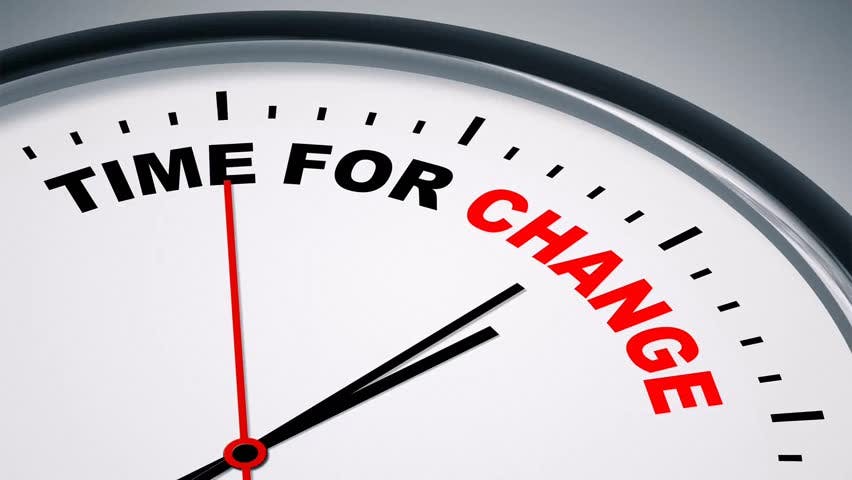
By Jason Gregor
4 years ago“We fear the unknown because we can’t anticipate the outcome,” – Anonymous.
Change, while painful, can be good, and I think the NHL is primed for change when it returns.
Whenever the NHL resumes play, it will likely be without fans in the stands to start. And when fans are allowed to return to arenas the business of the NHL will be much different.
The game will still be fast, the players highly skilled, but I suspect the business of the NHL will be altered.
The obvious change will be revenue. The NHL was a five billion dollar industry prior to Covid, but if they return with no fans in the stands for an extended period of time, that could equate to a 50% drop in revenue. The salary cap and salaries of players, coaches, managers and staff will be different post-Covid. Similar to many other businesses, life will be different, but of the four major sports leagues in North America, the NHL will see the biggest drop because it does not have the same lucrative TV deal as the NFL, NBA or MLB.
For years I’ve felt the sporting world was due for a financial reset. I never expected it to be so sudden. I thought it might be gradual. The escalation of salaries and revenue has been astronomical over the past few decades.
In 2006, the salary cap ceiling was $39 million. This past season it was $81.5 million. The NHL has seen massive growth, but there will be a dip when it returns. How substantial? No one knows, but I think a 30-50% decrease isn’t unrealistic. Even at that rate, players will still make a great living to play the game they love. They won’t complain, or at least I expect most won’t.
A new financial landscape is one thing, but there are other differences I could see unfolding after Covid.
CHANGES TO THE DRAFT?

Jun 21, 2019; Vancouver, BC, Canada; Philip Broberg poses for a photo after being selected as the number eight overall pick to the Edmonton Oilers in the first round of the 2019 NHL Draft at Rogers Arena. Mandatory Credit: Anne-Marie Sorvin-USA TODAY Sports
Many scientific experts in the USA and Canada have said they don’t expect large gatherings to return until 2021. So the entire development system of the NHL could be altered. The NHL could play without fans, because TV and radio would generate large audiences, but will the CHL, CJHL, NCAA or junior leagues in Europe be viable without fans? If they aren’t playing, can the NHL conduct a proper 2021 draft? Earlier this week the University of Lethbridge discontinued their men’s and women’s hockey programs, although that had more to do with the provincial funding cuts than Covid. I know USports is different than the CHL and CJHL, who have individual team owners, but the financial landscape in North America will impact many of us in different ways. If the experts are correct on large gatherings, it will be more difficult for some of these leagues to function.
Right now, the Canadian Junior Hockey League (Junior A) is on hold. Hockey Canada has told teams to cease business operations until May 31st. And a source told me there is a good chance that might be extended until September 1st. If that is the case then CJHL leagues would be starting late, likely not until November, as they would have to make a schedule, conduct training camp and preseason and find out if some teams were taking a leave of absence. Currently in the Alberta Junior Hockey League teams can take a two year absence. Blackfalds (formerly Calgary Mustangs) took this past season off and will be taking next year as well as they move to Blackfalds.
If fans are not allowed in the building for Junior A, I could envision some teams taking a leave of absence.
What about Major Junior?
Would some small market, community-owned teams have the finances to function without gate revenue?
If young players aren’t playing, or maybe only play half seasons, how would that impact the 2021 NHL draft? I wrote about the benefits of changing the draft age to 19 last summer, and there is ample reason to change it. If a shortened CHL season is the catalyst to make the draft age 19, I’d be all for it. There will be pushback of course, as most of us are leery of change, but it will help the NHL, and the CHL for that matter, as NHL teams could keep 20 year olds in junior without wasting the first year of their entry-level deal.
A shortened season of development might make the NHL look at raising the draft age. It seems unfathomable at this point, but without junior or college hockey, it would be something the league has to consider.
FAN EXPERIENCE…

Ticket prices and food and beverage costs will go down post-Covid. Some fans were frustrated paying $12-$15 for a beer before Covid. I think that will be a much tougher sell when fans are allowed back in arenas. Games might become more affordable for the average hockey fans, and that is a good thing. And the NHL will have to make the game-day experience better. Vegas is the perfect example of how to make each game an event. I don’t think the NHL will be able to rely solely on the on-ice product to attract fans. I’m sorry but the “T-shirt toss” won’t be enough to appease fans.
The NHL will need to become more fan friendly. The players who view dealing with the media (who are an extension of the fans) will need to adjust their attitude.
Maybe the best example of how to interact and grow the game is Lebron James. He is the biggest superstar in North America. He speaks daily, sometimes twice a day, to media. He talks about many things, not just the minutiae of basketball, and NBA fans feel a deeper connection to him and other superstars.
Many fans, especially the non-diehard fans, are interested in more than just what the athlete does on the ice, court of field. They like to know their hobbies, interests, what food and music they like. Times are changing and if the NHL wants to maintain good revenue they will need to open up the curtain a bit more. Limited access to media leads to fewer stories being told and their ability to grow the game diminishes.
I sense you will see a change in the openness of the NHL. I think many players would like to show more of who they are, and that will help grow the game.
OTHER CHANGES…
These might be radical, but here are some other changes I would consider if I was commissioner for a day.
- Max contract term is seven years, and a player can only sign for seven years when they are 26 years of age or younger.
- Once a player turns 27 the max term they can get is five years. Teams have proven they can’t help themselves and repeatedly sign older players to long-term deals which become horrific contracts. If you are still productive at 31 or older, you will get paid. The NBA has a five-year max and it hasn’t hurt the earning power of their players.
- Only two no-movement clauses per team.
- Players are eligible for arbitration once their ELC is complete.
- No games are played on Mondays (or pick one day of the week with no games). Give fans and players one day off a week. Maybe work with the NBA, which shares many buildings with NHL teams, and each league has a “dark night” during the regular season. This might make scheduling games a tad easier.
- The All-Star game does not need one representative per team. Have only the best players at the ASG.
I look forward to the NHL returning, hopefully this summer (sadly with no fans most likely), but the future of pro sports could be very different from what we knew last month. Change could be good, and I hope the NHL makes some changes.
What changes would you like to see?
RECENTLY BY JASON GREGOR
Recent articles from Jason Gregor

